With 2022 underway, the hospitality industry is showing no signs of stopping its recovery from the effects of the past two years. Given that businesses such as restaurants, cafés, hotels, and travel agencies are considered “essential” by modern standards, this isn’t much of a surprise.
Both business owners and customers, clients, and visitors want the hospitality industry to recover fully, and do so as quickly and efficiently as possible. At Jobs OneGlobe, we’re excited to be a part of the effort to rekindle this industry and to allow both talented professionals and businesses to prosper. We’re here to take an in-depth look at the state of hospitality in 2022, as well as what we can expect from hospitality trends moving forward.
Hospitality in the UK
- 30% of hospitality businesses found that filling their job vacancies was more difficult than normal
- Only 4.1% of hospitality businesses reported that their vacancies were easier to fill than pre-pandemic
- 1,034,000 job vacancies were available in the UK by August of 2021, a 35.2% increase since January
- Job vacancies in hospitality grew by 59.1% from 2020 to 2021, a record among all UK industries
- The number of employed EU nationals fell by 8.7% by 2021 owing to the global pandemic and Brexit
- The number of employed EU nationals in the hospitality industry fell by 7% for the same reasons
- 31% of hospitality businesses have a more difficult time filling their vacancies due to a general reduction in EU applicants
- Payrolled employment in hospitality rose by 6% from 2020 to August of 2021
- London is experiencing a slower employment recovery than the rest of the UK, with the number of employed being 1.8% lower in 2021 than it was in 2020
- There were 28.4% more online job listings throughout the UK in 2021 than there were in 2020
Source: Office for National Statistics
Hospitality in North Ireland
- The hospitality industry is bound to employ 140,000 people in 2022 in North Ireland
- 40,000 fewer job vacancies will be available in 2022 compared to 2019 due to the COVID-19 recovery
- Dublin will have an estimated 11,690 fewer jobs in the hospitality industry compared to 2019
- In Q4 2019, women comprised 54% of those employed in hospitality compared to 46% in total employment
- In Q4 2019, 31.8% of employed people were aged 15-24, compared to 11.2% in total employment
- Government projections indicate a return to 180,000 hospitality jobs as soon as possible in 2022
Source: Irish Business and Employment Confederation (IBEC)
Hospitality in the US
- 50% of job seekers are likely to accept a job opportunity from a tourism or hospitality business
- 45% of job seekers are likely to actively pursue and search for positions in tourism and hospitality
- 37% of job seekers don’t believe that tourism and hospitality positions provide good benefits
- 28% of job seekers agree that tourism and hospitality positions don’t have an adequate workload balance
- 46% of job seekers agree that work conditions in hospitality and tourism are satisfactory
- During the COVID-19 pandemic, 33% of hospitality professionals were laid off while 41% had reduced shifts
- 2.4% of laid-off hospitality professionals are looking for work in other unrelated industries
- 42% of all hospitality industry employees worked in hotels, with 29% working in restaurants
- 27% of hospitality professionals have Bachelor’s Degrees, with 9% having Master’s Degrees
- Nearly 2 million job openings were available in the hospitality industry in July 2021, with 400,000 remaining unfilled for business-specific reasons
Source: The Dick Pope Sr. Institute for Tourism Studies, UCF
Hospitality in the EU
- 64% of EU travelers spent their nights in hotels and similar accommodations
- Hotels make up more than 90% of the entire EU market for rented accommodations
- Top 20 EU regions for travelers represented nearly 39% of all nights booked, with Spain leading with 16%
- 53% of all nights in tourist accommodations were spent by residents within their own countries
- 47% of nights were spent by non-residents from other EU states (of that, 60%) and other European countries (of that, 24%)
- German travelers accounted for 20.3% of total non-resident travel within the EU
Source: Eurostat
- The hospitality industry in the EU is showing signs of recovery with a 50.2% drop in turnover in Q4 2020
- Almost 400,000 fewer jobs are available in hospitality in 2021 in the EU
- Almost 25% fewer hospitality jobs are available in Spain compared to Q4 2019 and 2020
- Across Europe, hotel occupancy rates in 2020 were at 16.2%, averaging at €77 per night excluding tax
- European RevPAR evened out at €12.6 excluding tax, an 80.4% drop compared to 2019
Source: Hospitality Europe
- During the summer period of 2021, European hotel revenue fell by 54.8% to 86.3% depending on the country
- France lost 54.8% of its hotel revenue in the first 8 months of 2021 as it recovered from COVID-19
- Average RevPAR across Europe is 37.6% lower compared to the same summer period of 2019
Source: Hospitality ON
Your Future in the Hospitality Industry with Jobs OneGlobe
The hospitality industry is on an upward trend when it comes to business development, both in Europe and in the US. Given how many countries are slowly lifting their travel and social distancing restrictions, now’s the time to start hiring new staff. Whether you own a small café or a restaurant chain, finding talented employees should be at the top of your list of priorities for 2022.
Job seekers who are interested in the hospitality industry are also encouraged to start applying for jobs both locally and internationally. The only way for hospitality to regain its footing across the globe is with the help of both hospitality business owners and professionals alike. Use Jobs OneGlobe if you have a stake in hospitality and start developing your business or career in hospitality as early as today.




Share
Facebook
Twitter
LinkedIn
Telegram
Tumblr
WhatsApp
VK
Mail